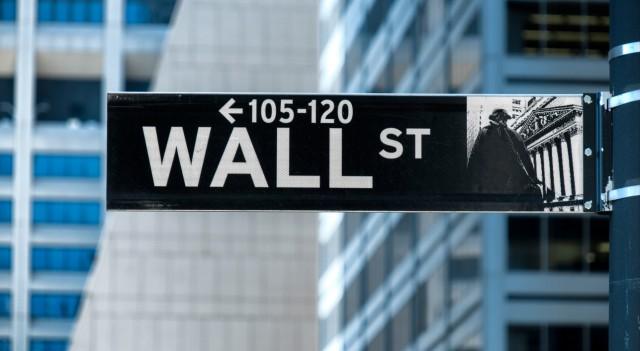
After moving sharply lower early in the session, stocks regained some ground over the course of the trading day on Tuesday but remained firmly negative. The major averages all moved to the downside on the day, with the tech-heavy Nasdaq leading the way lower.
The Nasdaq (NASDAQI:COMP) tumbled 278.81 points or 1.5 percent to 17,910.36, the S&P 500 (SPI:SP500) slumped 53.73 points or 0.9 percent to 5,708.75 and the Dow (DOWI:DJI) fell 173.18 points or 0.4 percent to 42,156.97.
With the decreases on the day, the Dow and the S&P 500 pulled back off the record closing highs set in the previous session.
The weakness on Wall Street came amid escalating tensions in the Middle East after Iran launched a ballistic missile attack against Israel.
Iran’s Islamic Revolutionary Guard Corps said the attack was in response to the killing of Hezbollah leader Hassan Nasrallah and others in recent Israeli airstrikes.
The attack also came after Israel launched ground operations against the Iranian-backed militia group Hezbollah in southern Lebanon.
Israel Defense Forces spokesperson Rear Admiral Daniel Hagari warned the attack by Iran “will have consequences.”
A senior White House official said earlier in the day that the U.S. had indications Iran was preparing to imminently launch a ballistic missile attack against Israel, contributing to the early sell-off by stocks.
“We are actively supporting defensive preparations to defend Israel against this attack. A direct military attack from Iran against Israel will carry severe consequences for Iran,” the official said in a statement.
Selling pressure waned following the actual attack, however, as traders expressed optimism cooler heads will prevail, avoiding a broader regional conflict.
The news from the Middle East largely overshadowed separate report showing a continued contraction by U.S. manufacturing activity in September and an unexpected increase by U.S. job openings in August.
Concerns about the economic impact of a strike by dockworkers at seaports across the U.S. East and Gulf Coasts also weighed on Wall Street.
Around 45,000 dockworkers went on strike after the United States Maritime Alliance and the International Longshoremen’s Association failed to reach a settlement on a new Master Contract.
Semiconductor stocks showed a substantial move to the downside, dragging the Philadelphia Semiconductor Index down by 2.9 percent.
Considerable weakness was also visible among computer hardware stocks, as reflected by the 2.6 percent plunge by the NYSE Arca Computer Hardware Index.
Banking stocks also saw significant weakness on the day, resulting in a 1.9 percent slump by the KBW Bank Index.
Software, airline and telecom stocks also saw notable weakness, while energy stocks moved sharply higher along with the price of crude oil.
In overseas trading, stock markets across the Asia-Pacific region turned in a mixed performance on Tuesday, with several major markets closed for holidays. Japan’s Nikkei 225 Index jumped by 1.9 percent, while Australia’s S&P/ASX 200 Index slid by 0.7 percent.
The major European markets also turned mixed after seeing early strength. While the U.K.’s FTSE 100 Index rose by 0.5 percent, the German DAX Index fell by 0.6 percent and the French CAC 40 Index declined by 0.8 percent.
In the bond market, treasuries moved sharply notably amid concerns about escalating tensions in the Middle East. Subsequently, the yield on the benchmark ten-year note, which moves opposite of its price, slid 5.9 basis points to 3.743 percent.
A report from payroll process ADP on private sector employment in September may attract attention on Wednesday ahead of the release of the Labor Department’s more closely watched monthly jobs report on Friday.
SOURCE: RTTNEWS

It looks like you are not logged in. Click the button below to log in and keep track of your recent history.